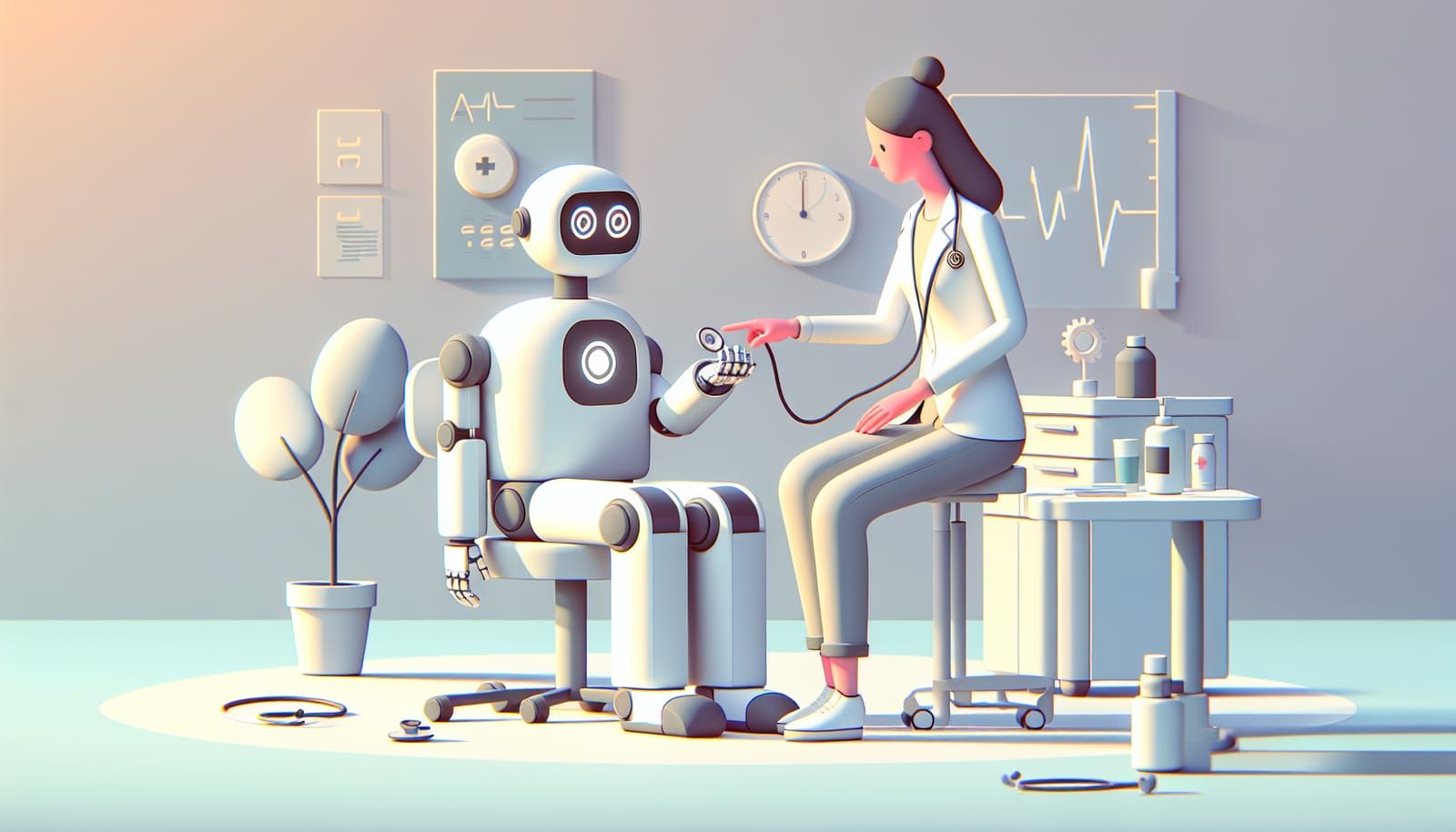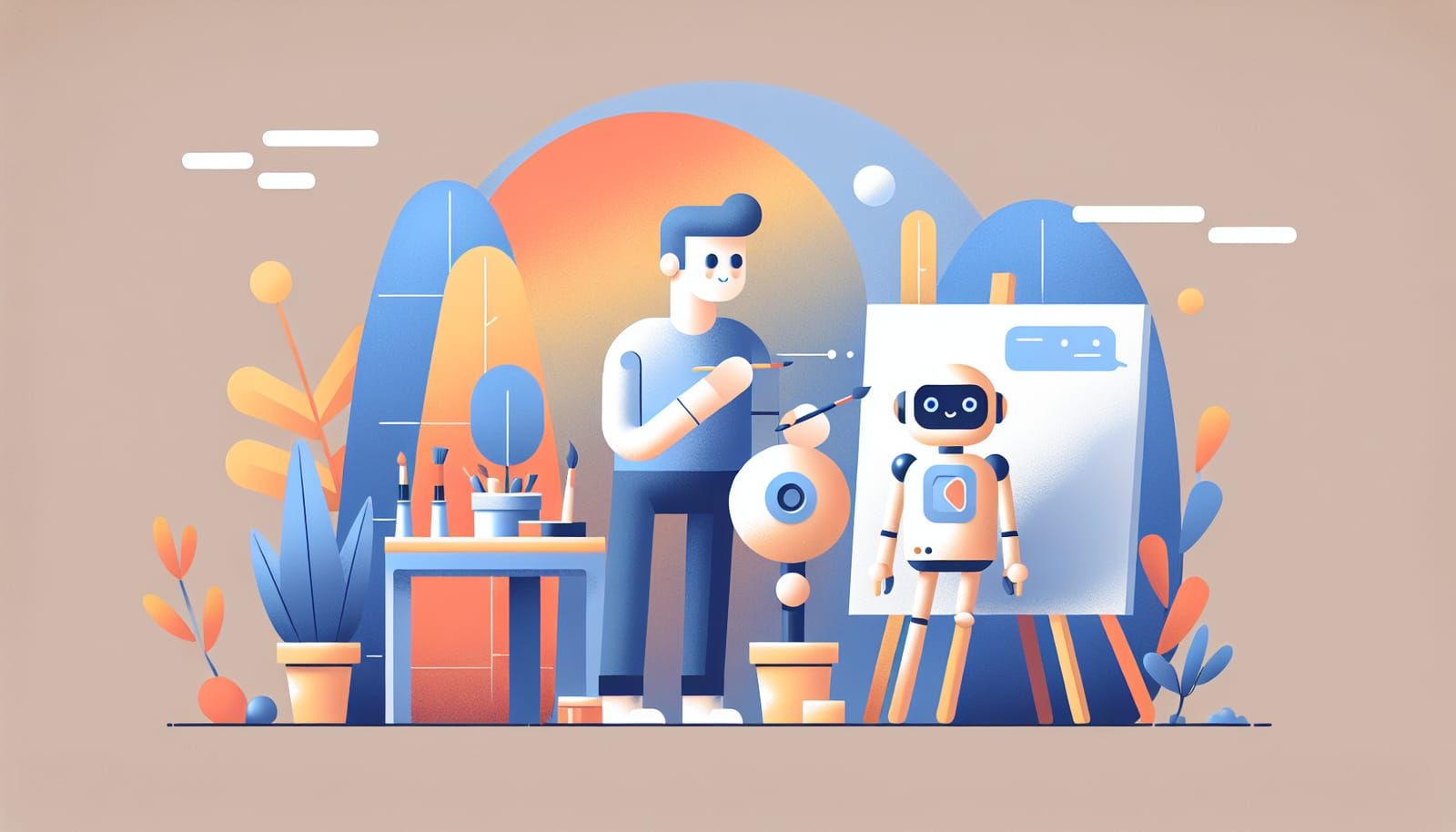Artificial Intelligence, or AI, has become a buzzword in our daily lives, from smart assistants like Siri and Alexa to advanced systems that help doctors diagnose diseases. With its rapid development, many people have started believing that “AI knows everything.” This idea, though appealing, is not only misleading but can also be quite dangerous. In this article, we’ll explore why this myth exists, the limitations of AI, and how we can better understand and use this remarkable technology.
The Allure of AI Knowledge
Imagine having a magic box that can answer any question you ask. Wouldn't that be wonderful? This idea is what makes AI so exciting. With the ability to process vast amounts of information quickly, AI can find answers faster than a human can. However, this capability doesn’t mean AI possesses knowledge in the same way humans do.
AI systems learn from data. They analyze patterns, make predictions, and generate responses based on the information they’ve been trained on. While they can provide useful insights and solutions, they don’t understand context or possess common sense. This lack of understanding is a significant limitation.
AI's Limitations
One of the most critical aspects of AI is that it relies on the quality of the data it receives. If the data is incomplete, outdated, or biased, the AI will produce flawed results. For instance, consider an AI trained predominantly on data from one region or demographic. This AI might struggle to accurately respond to questions from people outside of that group, leading to misinformation.
Moreover, AI lacks emotional intelligence. It doesn’t feel emotions or understand human experiences. While it can analyze text and provide responses, it doesn’t comprehend the feelings behind those words. An AI might give an appropriate answer to a question about grief, but it won't understand what it means to experience loss.
The Dangers of Over-Reliance
Believing that AI knows everything can lead to dangerous consequences. When we trust AI blindly, we risk spreading misinformation and making poor decisions based on incorrect data. For example, in healthcare, if a doctor relies solely on an AI system for diagnosis without considering their own expertise or the patient's unique situation, it could lead to misdiagnosis or mistreatment.
This over-reliance can also diminish our critical thinking skills. If we start accepting AI-generated answers without questioning them, we may lose the ability to analyze information critically. It's essential to remember that AI is a tool, not a substitute for human judgment.
Understanding AI's Role in Society
To harness the true potential of AI, we must understand its role in society. AI can assist us in various fields, such as education, healthcare, and even climate change. However, it must be used responsibly and ethically.
In education, for instance, AI can personalize learning experiences, adapting to each student’s pace and style. It can identify areas where students struggle and provide additional resources or support. But teachers and educators play a crucial role in integrating AI effectively, ensuring that technology enhances, rather than replaces, human interaction.
In healthcare, AI can expedite research and assist in diagnostics. Yet, it is essential to have human professionals involved in decision-making to interpret results and understand the nuances of patient care. This collaboration between AI and humans can lead to better outcomes.
The Future of AI: A Partnership, Not a Replacement
As we look to the future, it’s clear that AI will continue to evolve and become an integral part of our lives. However, this does not mean that AI will replace human intelligence. Instead, we should aim for a partnership where AI complements our skills and abilities.
Education about AI is crucial. Everyone, from children to adults, should learn about how AI works, its limitations, and its potential. By fostering a deeper understanding, we can use AI more effectively and responsibly. Schools and communities can encourage discussions about AI, helping individuals become more informed consumers of technology.
Conclusion: Embracing the Reality of AI
In conclusion, the belief that “AI knows everything” is a dangerous myth that can lead to misinformation and over-reliance on technology. While AI is a powerful tool that can assist us in various aspects of life, it has limitations and should not replace human judgment or critical thinking.
By understanding AI's capabilities and constraints, we can use it wisely and responsibly. Let’s embrace AI as a partner in our quest for knowledge and innovation, ensuring that we remain active participants in our decision-making processes. The future of AI holds great promise, but it is up to us to steer it in the right direction.
So, the next time you hear someone say, “AI knows everything,” remember to question that statement. Engage in conversations about AI, educate yourself and others, and advocate for responsible use of this incredible technology. Together, we can harness the power of AI to improve our lives while being mindful of its limitations.


